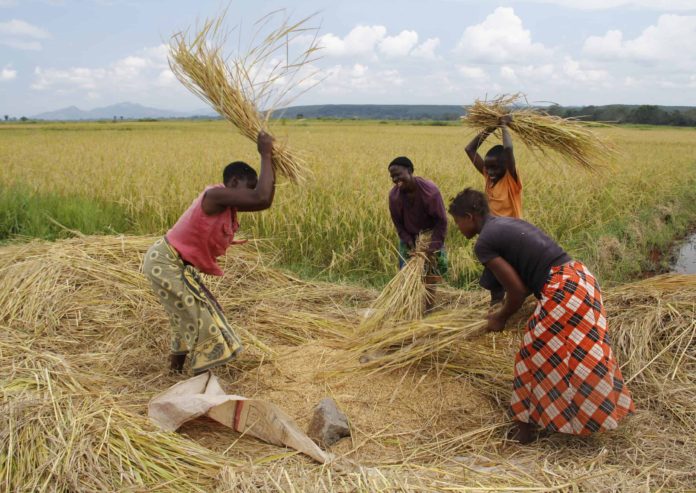by Wallace Mawire
The Data for Development Network, Latin American Open Data Initiative, and the Land Portal Foundation have launched the land module as part of the Global Data Barometer project, a global index study that helps the land and open data communities to identify countries where land data is lacking or can be improved and also points to positive examples that can be replicated.
The Land Portal co-produced the Land Module, which complements our existing State of Land Information (SOLI) research methodology. While the GDB Land Module provides a global benchmark and a set of globally relevant and comparable indicators, the SOLI research and reports dive deep into the state of a country’s open land data. Together, these complementary tools inform the land community’s work to improve access to land data and increase transparency.
The GDB Land Module focuses on land tenure and land use, as well as on uses of land data to support work on gender and inclusion. The selection of specific datasets is designed to capture different aspects of data availability and use.
The GDB land module provides a composite score for all land indicators by country, averaging scores of all the indicators.
It is reported that New Zealand tops all other countries by a wide margin, with a score of 95.57%. On the lower end of the spectrum of countries that fully reported on the survey, Mozambique scored 9%. Sixteen countries reported no data, while 32 countries reported data for two or fewer indicators.
It is added that the average score for the use of gender data in influencing land policy is 11.76%. Generally, 51% of respondents indicated that data and evidence are not used for making policy. Only 2% of respondents indicated that there is widespread evidence of data being used for policy making.
It is reported that in the countries where land data is available online, it is almost exclusively available because of government-led action 98%. Only 2% of respondents indicated data is available but not as a result of government action.
The barometer says that if progress is to be made in opening up land data, governments must be consulted and play a primary role in mandating and supporting open data.
the report says that opening up data processes benefits both the government and public with improved efficiency and service delivery.
The GBD assesses the state of data across nine areas, called modules, including Land, governance, capabilities,climate action, political integrity, public finance, procurement, company information, health and Covid 19.
The report says that unsurprisingly, the land module scored the second lowest 25 out of all the modules, confirming the poor state of land data and the need for continued action.
The GBD was achieved through a team of more than 100 researchers and the implementation of an expert survey.
The researchers, drawing on local sources, online resources, and in-depth dataset assessments, provide evidence on the governance, capability, availability, and use of data for public good across a variety of sectors, providing justifications and supporting evidence for their answers. The GBD is a global index study intended to be a time series, repeated every two years.
“The Land Portal Foundation saw the Global Data Barometer as a major opportunity to create a baseline of land data openness around the world, and to identify and incite governments and other stakeholders to improve land information systems,” said Laura Meggiolaro, Land Portal Team Leader. “We are proud to be a part of this important initiative, which serves as a beacon for land data as a public good.”
The Land Portal Foundation was established to create, curate and disseminate land governance information by fostering an inclusive and accessible data ecosystem. Over the last decade, the portal has evolved from a simple information gateway to become a knowledge broker, a resource base, a vibrant online community of users and a trusted voice within global land governance.
The Global Data Barometer is a collaborative project of the Data for Development Network (D4D.net) to provide a new benchmark and the essential data needed to drive a fuller understanding of the state of data for development, open data implementation, and data justice around the globe.
The GDB is the result of the efforts of over 100 researchers and a network of regional research hubs around the world. The design of the GDB builds on the previous editions of the Open Data Barometer, but takes a broader look at data sharing and use for the public good, including giving additional attention to issues of privacy and inclusion.
The Barometer measures the state of data in over 109 countries in terms of governance, availability, capability and use for the public good.
It is reported that all results of the Barometer will be open access to support use and re-use of data for research, practice, and national actions.









